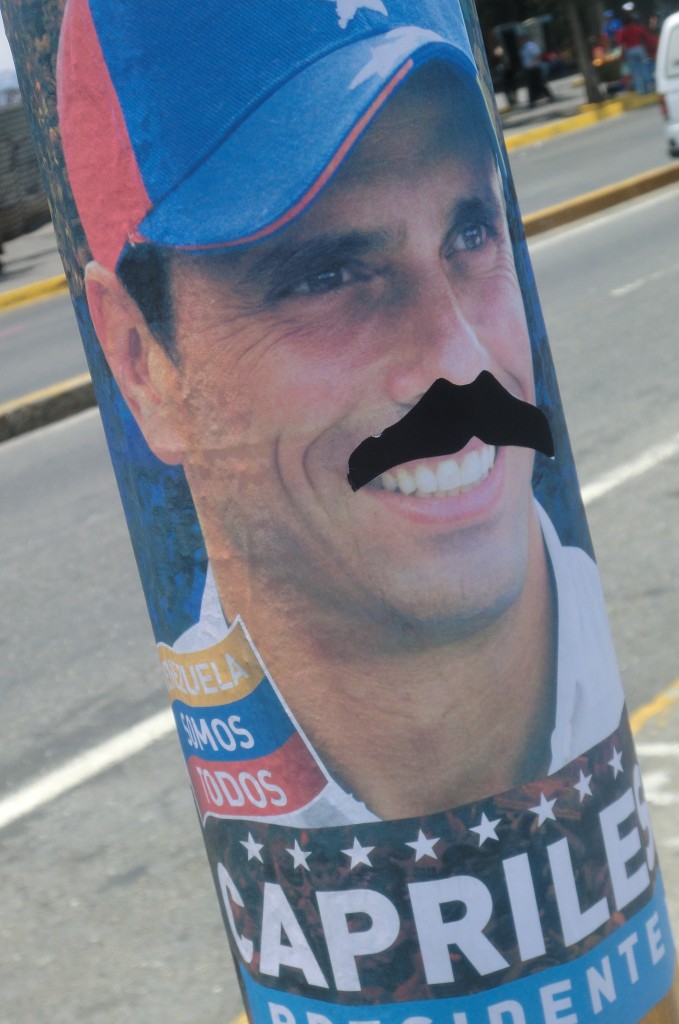I have an op-ed in The National Interest this morning arguing that it’s Henrique Capriles, and not chavista Nicolás Maduro, who could become the better long-term guarantor of the gains of chavismo — notably by making permanent the social welfare programs that the late president Hugo Chávez tried to implement on behalf of Venezuela’s poor:![]()
Chavistas certainly have a strong claim that for the first time since the discovery of the Mene Grande oil field in 1914 and oil production began in earnest in 1918, a significant share of the country’s oil wealth finally fell into the hands of the poorest Venezuelans. And the two-party duopoly of the center-right COPEI and the center-left Democratic Action crumbled in 1998 after years of petrodollar-fueled corruption. So Capriles’s campaign strategy, to a degree, is to admit that we’re all chavistas now. This time around he’s waged a more populist, more aggressive campaign that’s even reminiscent of Chávez’s tone, while Maduro is running a more defensive effort.
I’ve made this argument, though not as forcefully, previously before.
One way to look at this, though, is that Capriles has become dangerously populist — for example, he’s just as keen as Maduro to hike the minimum wage by 40%, and Capriles would do so immediately, not in a staggered way throughout 2013 — both would feed a worrisome inflation problem. But campaign promises in the closing days of a campaign sometimes fail to find their way into policy.
Part of the argument in favor of Capriles simply must be a ‘throw-the-bums-out’ sentiment — the more nuanced version is to say that Capriles will not be constrained on day one to review and chuck out poor policies because he and his supporters have no vested interest in perpetuating the existing policy landscape.
It’s hard to believe that Maduro, ever the loyal soldier to Chávez, would have the institutional credibility within the governing PSUV, even after winning his own mandate, to stand up to the rampant corruption that now lies at the heart of Venezuela’s government. After a decade and a half in power, even governments in countries with more deeply entrenched respect for state institutions, separation of powers and checks and balances have a tendency toward corruption. British Columbia’s Liberal-run government faces ejection in May elections after just 12 years in power amid daily scandal headlines, for example.
It seems even less likely that Maduro could dislodge the other key policymakers that have directed the Venezuelan economy for over a decade, such as National Assembly president Diosdado Cabello, finance minister Jorge Giordani and energy minister Rafael Ramírez. So even if some inner-guard chavistas realize that Venezuela needs a new policy direction, Maduro will be hard-pressed to do so.
